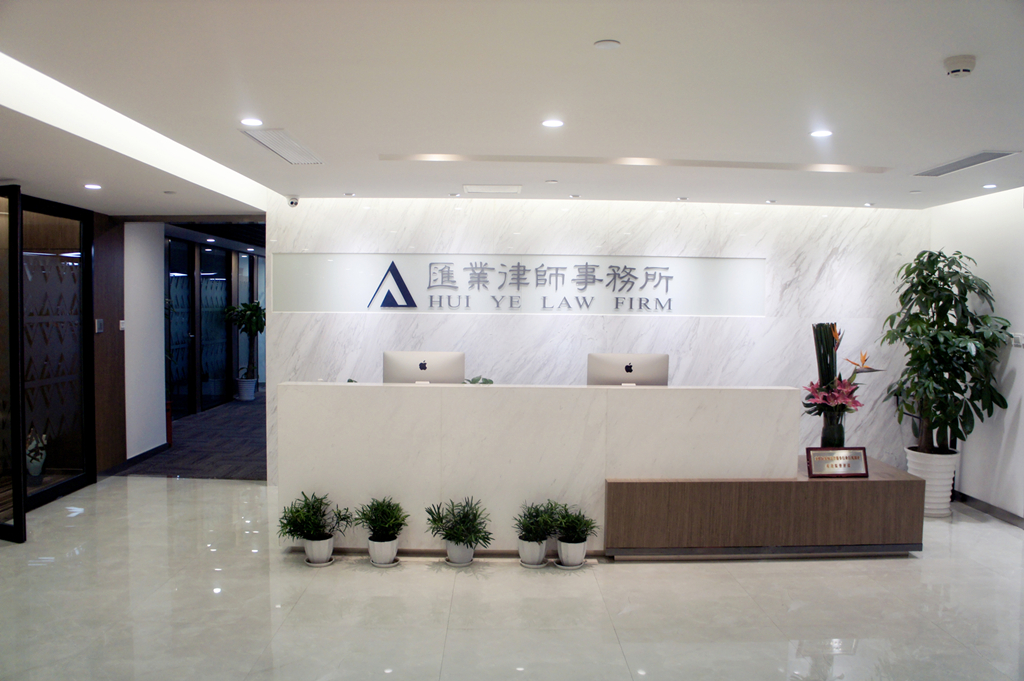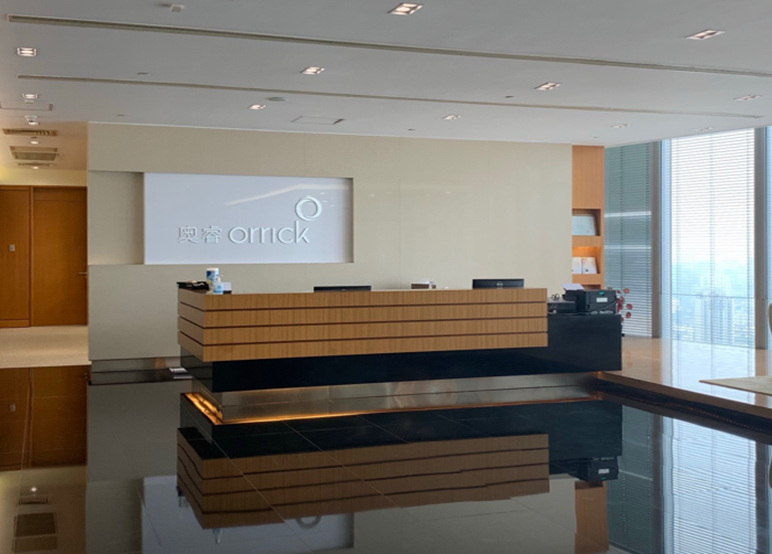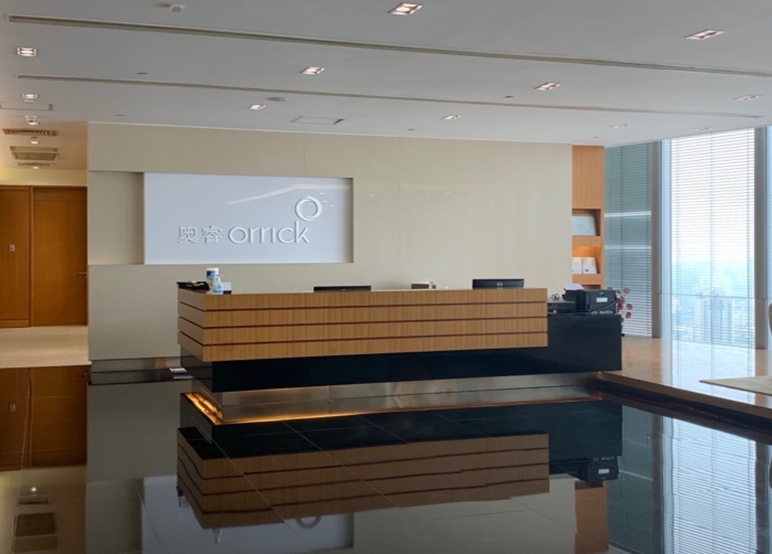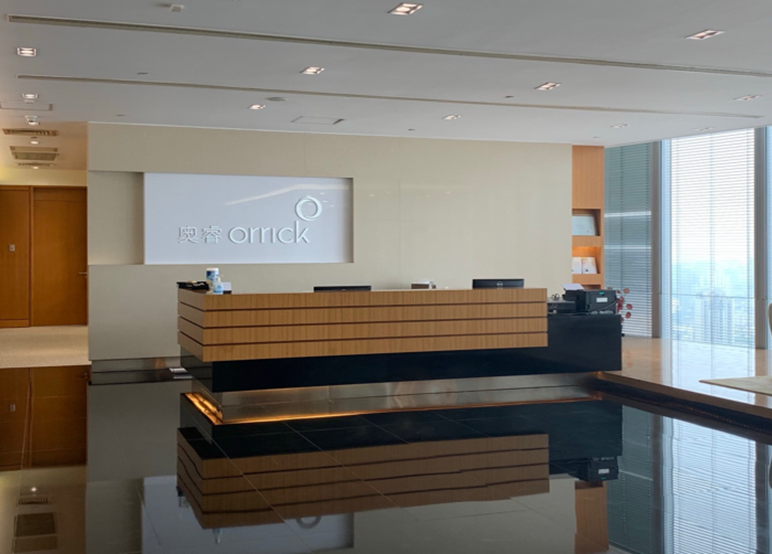According to the latest news, The U. S. Court of Appeals for the 4th Circuit reversed a ruling against Internet service provider Cox Communications Inc (For short "Cox" ) the10A $100 million piracy award. Although the Internet service provider is still responsible for pirated users, But the vicarious infringement finding has been overturned. In light of these new conclusions, A new trial will determine the appropriate amount of damages.
2019End of the year, Cox lost legal battles with major record labels, including SONY and Universal.
After a two-week trial, A jury in Virginia found Cox liable for the actions of his pirate subscribers. The company failed to disconnect repeated infringers, And was ordered to pay10Billions of dollars in damages.
Cox was disappointed by the result, It then asked the court to vacate the jury's verdict and decide the case directly, Think it should be lowered "A staggering amount" damages. however, The court rejected both claims and upheld the original damages award.
Despite the setbacks, Cox didn't give up. The company believes that, The district court's ruling is a disaster for Internet service providers. The company also warned, If this ruling stands, Will have a huge impact on the public.
Cox appealed
2021years, The Internet service provider took the case to the Fourth Circuit Court of Appeals, The hope is that the court will overturn the lower court's decision. According to the company's lawyer, "The music industry is waging war on the Internet with these lawsuits" .
The whole controversy revolves around the legal obligations of Internet service providers in relation to pirate users. By law, Internet service providers must adopt and properly enforce a policy, Allows rights holders to terminate repeated infringers' accounts in appropriate circumstances.
The music company argued that Cox had failed to do so. therefore, The company shall be liable for vicarious and joint copyright infringement.
Although the jury previously found Cox liable for both types of secondary copyright infringement, But Cox thinks that's wrong. The company argues, A number of issues, including vicarious liability, should have been decided in their favour before the case was brought before the jury.
The Court of Appeal overturned the vicarious liability ruling
After reopening the case and evaluating the evidence, The appeals court ruled in part in Cox's favor in a recent ruling. The court concluded, Cox is not vicariously liable for piracy by subscribers, Because it does not directly profit from piracy.
The district court had previously ruled that Cox was liable, It concluded that the company profited from never terminating the accounts of repeated infringers, This allows the company to continue to charge monthly subscription fees. The appeals court reached a different conclusion.
In order to determine liability, There should be evidence that Cox received a direct financial benefit from the reported copyright infringement. According to the Court of Appeal, That is not the case in this case.
The Court of appeal noted: "therefore, To prove vicarious liability, SONY must prove that Cox profited from the infringing downloads and distribution of Plaintiff's copyrighted songs by its subscribers. SONY didn't prove it. "
The district court had previously ruled, Cox is liable for failing to terminate the accounts of subscribers who pay a monthly subscription fee, And Cox is aware of that, The monthly subscription fee was considered when deciding whether to terminate the account.
The court of appeal held that, These reasons are not good enough, Because there is no direct link between infringing activities and economic gain.
The court wrote in its ruling: "Even for repeated infringers, Continuing to pay monthly fees for Internet service is also not a direct financial benefit from the copyright infringement itself. "
"As Cox points out, No matter what the user is doing online, They all pay a fixed monthly fee for their Internet access. In fact, Even if all subscribers stop infringing, Cox will also receive the same monthly fee. "
Attract pirates and tiered pay arguments
The music companies also think, Piracy through the services offered by Cox is attractive to potential pirates, Because there is evidence, Cox network over10%The traffic may be related to piracy.
That argument did not convince the appeals court. The court stated that, People don't just use Internet connections to pirate, And there is no evidence that subscribers prefer Cox over other service providers.
"Cox's subscribers need the Internet for a variety of reasons, Whether they can infringe or not, This is not in dispute. SONY has found no conclusive evidence that any infringing user purchased Internet access services in order to be able to infringe copyrighted music. "
The ruling added: "There's no evidence to suggest that, Customers choose Cox's Internet services, Rather than competing Internet services, Because of any knowledge or expectation of Cox's lenient treatment of infringements. "
same, The music companies' argument that pirates were paying for higher levels of bandwidth was also dismissed.
"SONY found no evidence that customers were attracted to Cox's Internet services, Or pay a higher monthly fee for the chance to infringe the plaintiff's copyright. "
Joint tort liability still exists
The second theory of liability involves joint copyright infringement. In this case, The music company has to prove Cox "know" If Internet services continue to be provided to specific users, They may be pirating.
The court of appeal held that, There is sufficient evidence to reach this conclusion. therefore, The ruling on joint copyright infringement remains unchanged.
"The evidence presented to the jury shows that, Cox is aware of specific instances of repeated copyright violations occurring on its network, Cox tracked down the specific users involved in these cases, And chose to continue to provide these users with monthly Internet access——Though Cox thinks online infringement will continue——Because the company wants to avoid losing revenue. "
10$100 million rescinded order
The appeals court's conclusion was a mixed result, That could trigger further appeals, It also has an impact on previously determined damages.
In light of these new findings, The appellate court found that the jury did10The $100 million damages award cannot stand. Be replaced by, The ruling was quashed, The case must be reopened to determine the size of damages.
Cox still bears some of the blame, The number of infringing works has also remained the same. however, The court held that, Take into account the new circumstances, The jury could have reached a different conclusion.
"We've overturned the vicarious liability ruling, Because Cox does not directly profit from the infringement of its subscribers. Were it not for this legally incorrect identification, At the very least, the jury's assessment of these factors of damages may differ. "
The appeals court concluded: "therefore, We rescinded the damages, And remanded for a new assessment of damages. " (Be compiled fromtorrentfreak. com)
TRANSLATORS: Wang Dan proofread: Liu Peng
disclaimer: This network reprint or compile the original articles are from the network, Does not represent the views of this website or confirm the authenticity of its content. If the source is mislabeled or the copyright of the article is involved, Please contact us, This website will be corrected in due course, delete, thank you.

Safeguarding the rights of economic and trade hotspots













